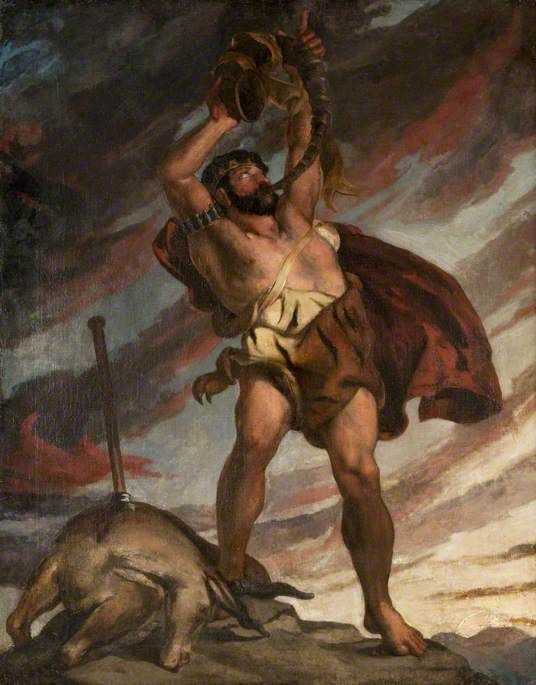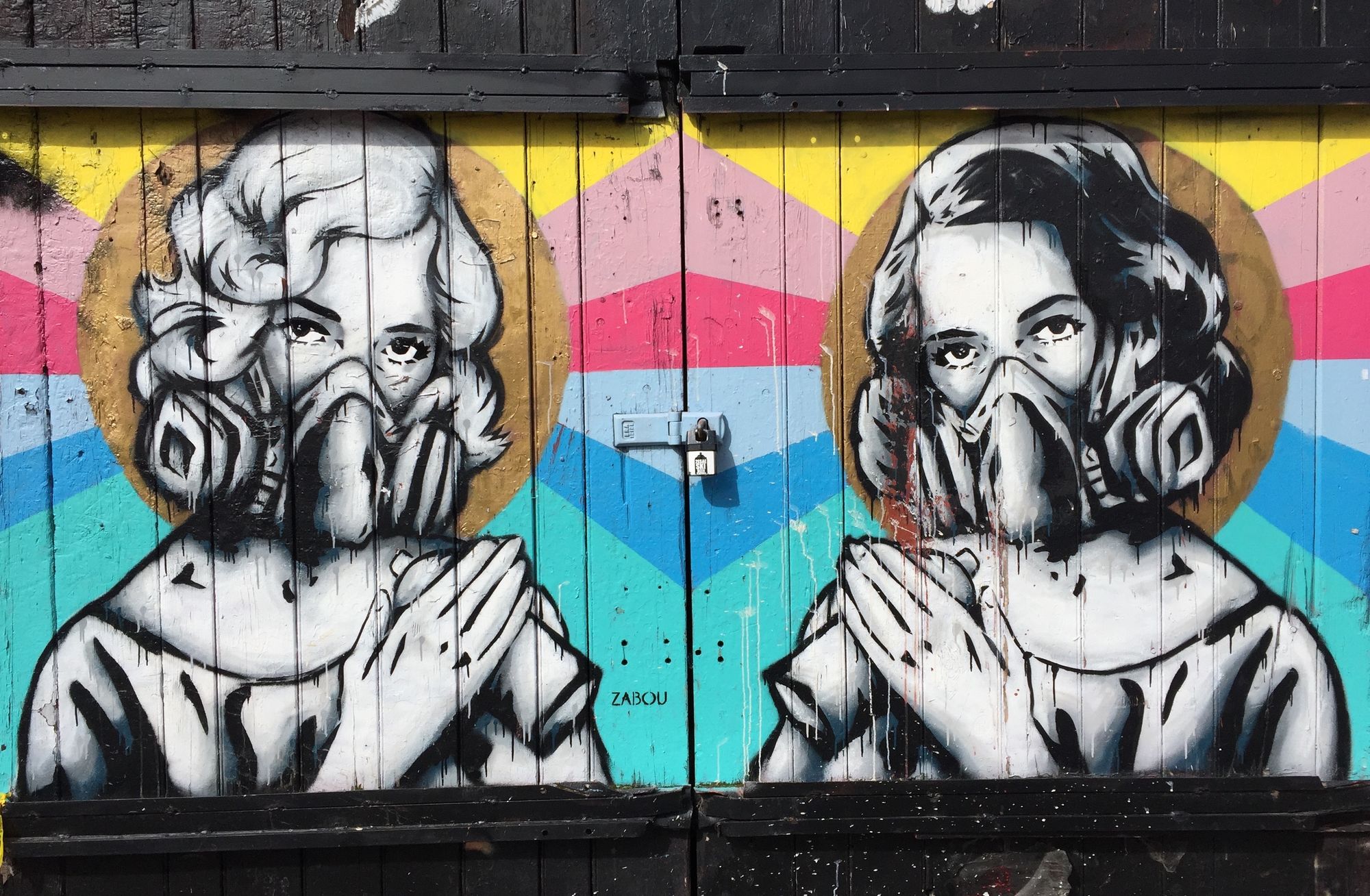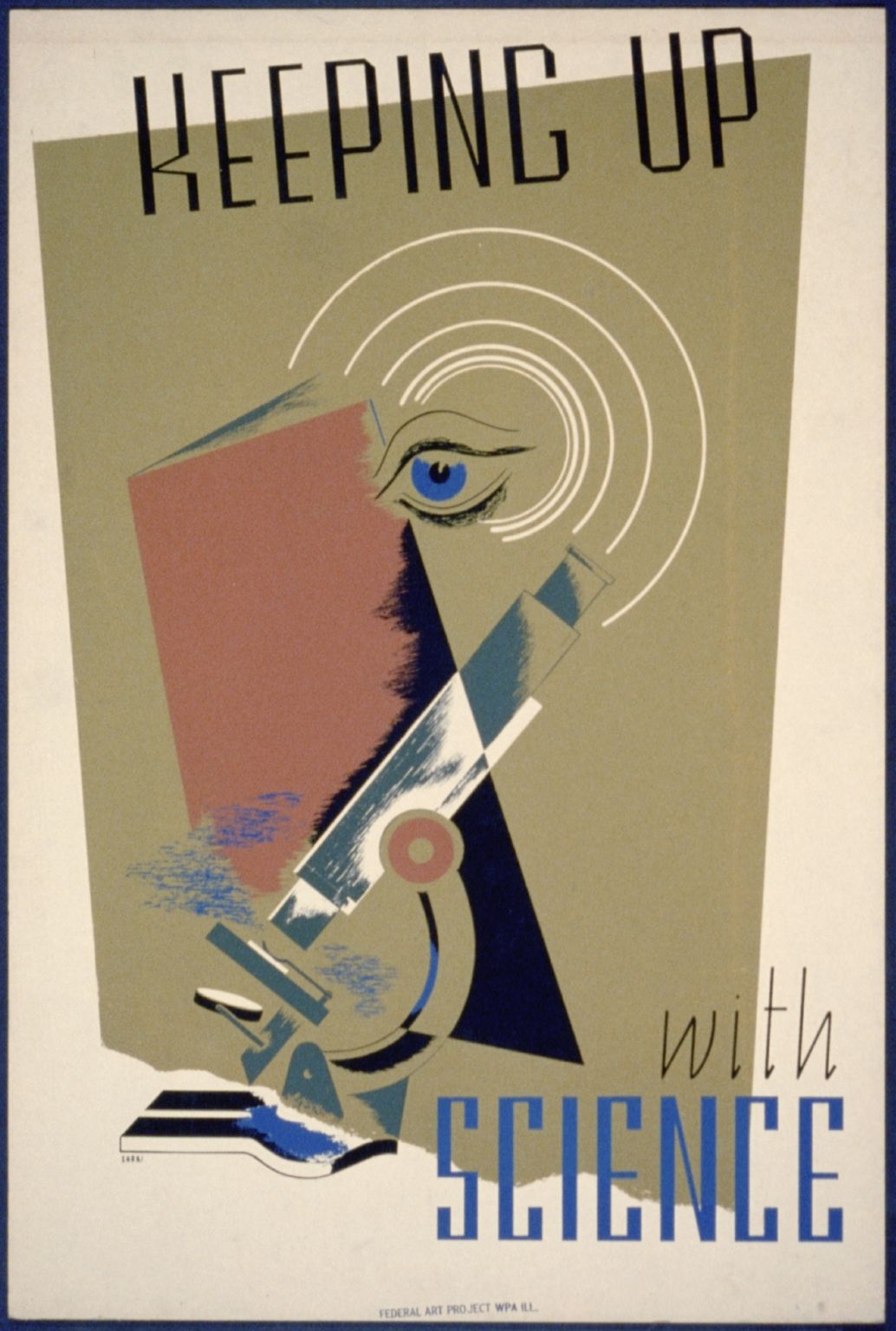Today I'm delighted to present an essay by James Simpkins, a UK-based teacher and writer-researcher who I met on IndieThinkers. I found myself intrigued by James' examination of "drone ethics," as conceived by contemporary philosopher Gregoire Chamayou, and invited James to contribute here. Aside from recommending his Twitter and YouTube, I won't say much more, since I can't top James' own preamble to the piece. Read on!
Imagine the terror. Your heart is pounding through your chest. Blind panic blacks out your thoughts as the animal instinct to survive at all costs takes over. You tear your skin on branches, smash your ankles on the stony ground, yet adrenaline blocks out the pain as you continue the futile flight toward escape. Shrieking agony tears through your body as an arrow pierces your side.
You fall to the floor mortally wounded, gasping, fighting for breath. As you roll to face your attacker you are met with a hideous smirk. Murderous hatred. And total contempt. Your attacker draws his blade and merciful terror blacks out your consciousness again just before the final blow falls and your existence is snuffed out.
Your assailant will receive no punishment for your death. Your murder will be glorified by the state as a rite of passage.

Ontological Policing
As unsettling as this horrifying scenario sounds, in his book Manhunts: A Philosophical History (2012) Gregoire Chamayou recounts that such events played out during the ancient Spartan hunting practice of crypteia, in which Spartan youth carried out a ritualised hunt and murder of their helot slaves. Although the helot slaves far outnumbered their Spartan masters, the proximate goal of the hunt was not to quell notions of violent overthrow of their Spartan overlords through sheer numerical advantage (Thucydides). Manhunting was used to prevent the 'gradual erasure of social borderlines' between the two groups (p.9, emphasis added).
'Ontological policing' — the assertion that hunting fellow human beings functions less as a security measure than reinforcement of sociopolitical and class strata — forms the core of Chamayou's argument in Manhunts (P.10). He elaborates on how dehumanised and enslaved populations might assert their humanity and break free from domination without becoming tyrants themselves.
Cynegetic Violence
Underpinning Chamayou's critique of ontological policing is his juxtaposition of the Biblical figures of Abraham and Nimrod and their respective representations of pastoral power and 'cynegetic power' — the power of hunting, so crucial to human existence both then and now. Whereas Abraham receives his power from God and is entrusted to guide his flock on God's behalf, Nimrod takes cynegetic power for himself and uses it to hunt down and capture his quarry by force. Pastoral power gathers individuals together in order to care for them personally; cynegetic power flushes out and separates frightened individuals in order to re-accumulate them as a faceless mass (p.15, 17). Chamayou reaches back to Plato to argue that Nimrod's cynegetic hunting power is therefore not one that produces anything good of its own, it just steals the good things that others have produced (p.5). Thus Abraham's power is worthy and transcendent while Nimrod's power is lowly and earth-bound.
Predation vs. Just War
Breaking with the transcendence of divine law in favour of gathering the immanence of power within oneself as Nimrod did has its consequences, however. Societies manifesting cynegetic power give rise to the justification of slavery in which God's beneficence towards mankind is replaced by the dominance of man over man. 'The thesis is well known', begins Chamayou, 'there are humans whose bodies dominate their souls. These are slaves by nature. They are also prey by nature…Slavery is thus inscribed in the ontological status of the dominated, as his natural tendency, which is that of a being-for-domination'.
However, Chamayou argues, 'By setting up animal hunting as the model of legitimacy for its violence' (p.133) cynegetic power fundamentally violates the notion of Just War in which a violent response may be justified in the face of a violent attack. A further violation of the laws of war manifest in cynegetic violence reveals itself through the lack of a fair fight. Despite assertions that the hunter earns the right to dominate his prey through victory in a battle of wills, the manhunter does not in fact redeem a modicum of bravery in his actions through scorning 'life in himself as he does in others' as instead the risk of death is borne 'only in others' through the pursuit of a cowed and defenceless quarry (p.67, emphasis in original). On the rare occasion that the hunter himself is killed it is an accident.
Instead, because for cynegetic power, 'The right to kill is not based on what the other has done, but on what he is and on what we are, and on the necessary order of this relationship,' an intense amount of energy must be expended to make sure that any 'crisis in the order of domination' is violently suppressed.
This violent suppression could not take any random form as long as it meets the goal of crushing an uprising through indiscriminate terroristic killing, Chamayou contends. It is no accident that the oppression takes the specific mode of violent hunting in order to reinscribe through force the very ontological order of the relationship between predator and prey. Indeed, the very need to regularly and violently reinforce the predator/prey relationship is a demonstration that the relationship between hunter and hunted is precisely not a 'natural' one, but one that continually has to be reinforced in order to suppress the 'implicit recognition of the humanity of the prey' (p.9).
Solidarity without Vengeance
Ultimately, however, despite the supposed thrill of chasing a prey ostensibly as intelligent as the pursuer — here Chamayou quotes Balzac to the effect that 'The hunt for men is superior to the other class of hunting by all the distance that there is between animals and human beings' (p.2) — Chamayou argues that the fundamental weakness of cynegetic violence is that 'What is peculiar to humans, we might say, resides in their ability to contest their exclusion from humanity' (p.8); that the prey can learn 'that it is obviously not a prey by nature' (p.74). Hence 'the hunting relationship is always susceptible to a reversal of positions. Prey sometimes band together to become hunters in turn' (p.3).
Yet, faced with the prospect of liberation the formally hunted face a fundamental contradiction. How to invert the dialectic and not only burst free from the oppression of the hunter but prevent themselves from becoming monsters in turn and escape from hunting itself? To paraphrase Camus, how can the once persecuted steel themselves against beginning by demanding justice and ending by wanting to wear a crown? Many emancipatory revolutions have fallen to repeating the logic of the hunt against their vanquished former oppressors and then against their own supporters; think of the Communist regimes of the 20th century (p.76).
In formulating a solution to this impasse Chamayou first cautions against what he recognises as the nonetheless tempting Hegelian option of the oppressed breaking free from their oppression by simply ceasing to see themselves as victims any longer. Chamayou notes that such a choice may very well be a powerful assertion of agency in evaporating the power of a label ascribed to them by the actions of their persecutors. Yet he argues that it is still a form of victim-blaming underpinned by the notion that the oppressed are only oppressed due to 'the tacit consent of the oppressed to their oppression' (p.52). Nor does Chamayou deny the liberatory potential of a violent uprising against an oppressor in which the fear of death becomes secondary to the chance of freedom. Although even if it is successful this path still risks falling into replicating the same logic of domination warned against above.
Unfortunately, Chamayou's final proposal for breaking free from domination without becoming tyrannical in turn seems somewhat under-developed. In the very final paragraph of his book Chamayou points to the provision of mutual protection as a telos around which the newly liberated individuals could coalesce. If the former prey are outcasts then they can form their own bonds of support and solidarity and turn away from their former oppressors rather than persecuting them in turn (p.154).
Yet something seems to be lacking here. Chamayou's suggestion seems more like a statement of negative rather than positive freedom; of freedom from rather than freedom to. One feels that much more would be needed to unite the nascent community of now free and sovereign individuals than 'providing collective protection against interhuman predatory relationships' alone (p.154).
Perhaps Chamayou's reticence to prescribe a more concrete treatment for his diagnosis of the roots of human-on-human predation is understandable. As Slavoj Zizek has often stated, once the oppressed throw off the yoke of their domination and stand blinking in the light of a new dawn, what happens the day after the revolution is where the monumental task of building a new society really begins.
Don't forget to check out James'...




